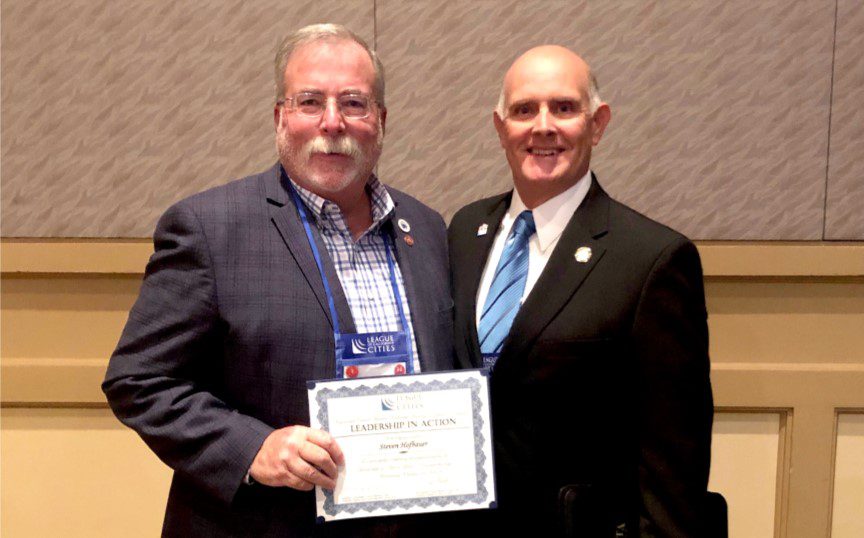A judge Wednesday opened up a pathway for California’s labor commissioner to obtain a possible default judgment against a Hidden Hills construction company in a dispute over back wages for a fired carpenter and thousands of dollars in fines the company was ordered to pay for allegedly retaliating when he asked for the money.
Los Angeles Superior Court Judge Robert Broadbelt struck Douglas Martin Construction LLC’s answer to the complaint, finding that the company cannot defend a legal action because it was suspended by the Franchise Tax Board.
“Defendant has not filed any papers showing that it is no longer suspended or otherwise challenging plaintiff’s evidence,” the judge wrote.
The labor commissioner brought the suit in April 2021 on behalf of carpenter Carlos Pineda against Martin Construction and its CEO, Douglas Martin Fierro, asking that the carpenter be restored to his previous position, paid more than $6,700 in back wages and that the defendants be ordered to pay $30,000 to $40,000 in civil penalties. An attorney for Fierro filed court papers denying the state’s allegations and stating that Pineda was not entitled to any damages.
Pineda, hired in August 2016 and supervised by Fierro, performed work that included doing the framing for a home addition in Lawndale, according to the suit.
When Pineda asked Fierro a month later for unpaid wages for a week of work performed, the CEO fired him, the suit alleges.
When Pineda sent a text message to Fierro threatening to file a wage claim with the state, Fierro replied by saying he would not help his former employee because he was undocumented, then demanded the worker provide him with his immigration papers, the suit states.
Under the state Labor Code, a worker’s immigration status is irrelevant in the enforcement of state wage and hour laws.
Fierro’s demand for the carpenter’s immigration papers was a “threat to report (the workman’s) suspected citizenship or immigration status to … a state agency, and constitutes an adverse action that establishes a violation of (the carpenter’s) rights,” the suit alleges.
By allegedly saying he would report Pineda’s immigration status, the firm and Fierro “intended to threaten (the worker) and knowingly and intentionally did so to retaliate and deter (the former employee) in the exercise of his rights,” the suit states.
The carpenter subsequently filed a complaint with the Division of Labor Standards Enforcement, seeking an order that the company pay the wages owed him, the suit states.
In July 2019, the DLSE issued an order to the company and Fierro to pay Pineda $6,740 in unpaid wages, plus interest and the civil penalties, but the defendants have not complied despite being notified of the order in November 2019, the suit states.







